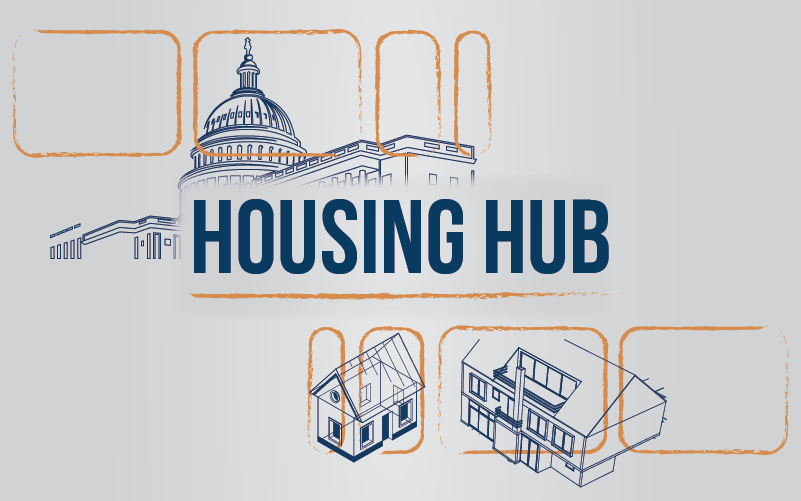Immigration is an economic issue
Celebrating NAHREP familia, cultura, politics, and grassroots action
February 17, 2022
Qué onda mi gente?!
American prosperity has always been built upon the backs of immigrant labor. People can feel different ways about this subject, but no matter which way you put it, immigrants have been critical to filling labor gaps for as long as we can trace the history of this country.
Today, there is no denying that we are facing major labor shortages and it is impacting ALL of us. It is increasing the prices for goods and services, and it is impacting our bread and butter: new home construction. 2021 proved to be one of the most hostile real estate markets for first-time homebuyers, primarily because the construction of homes has not kept up with demand. The cost of labor (given the scarcity of construction workers) is a major cost driver.
It’s an election year. Immigration is going to come up over and over again on both sides. On one side, politicians will try to paint immigrants as the boogeyman, and on the other side, they will make promises about immigration reform they’re probably not going to keep. All of these arguments are driven by emotion, notions of justice, and fairness. All arguments that result in no middle ground.

Immigration is an economic issue
Immigration is first and foremost an economic issue. Until we see it that way, and put political rhetoric aside, there’s going to be no progress. Immigration reform will help reduce our country’s labor shortage, ease inflation, and help solve our housing inventory crisis.
Today, NAHREP launched an issue campaign urging our Congressional leaders to include immigration reform in any package that addresses our supply chain disruptions. To amplify this message, we urge you to act by contacting your representatives today through our grassroots action tool.
Key arguments for our Congressional leaders:
- Immigration reform would reduce our country’s labor shortage. The labor shortage is particularly pronounced in sectors with high concentrations of immigrants. And, there are 345,000 unfilled positions in the construction industry, a critical sector responsible for driving housing supply growth. The National Association of Home Builders has reported the correlation between high immigration rates and the rise in construction. In fact, 56,000 immigrants entered the construction labor force in 2018 – a drastic drop compared to the 130,000 who entered in 2005.
- Increasing the number of foreign-born workers would ease inflation. The effects of the labor shortage impact our nation’s supply chains, and in turn, inflation. The decline in foreign-born workers has stalled production in crucial areas, such as manufacturing, transportation, warehousing, and construction. The decrease in immigrant workers has slowed the rate of production across the U.S. supply chain. With the higher cost of labor and increasing demand for goods, prices will continue to rise. However, an increase in the number of foreign-born workers in these key industries would help speed up the production of goods, reduce labor costs, and eventually soothe prices.
- Comprehensive immigration reform would help solve our housing inventory crisis. Housing supply is at an all-time low, and housing costs are at an all-time high. The decline in immigrant construction workers, in particular, has stalled housing construction. By allowing for more skilled foreign-born workers to enter the construction labor force, the housing supply will likely increase at a faster rate and ease housing costs.
It’s time to make our voices heard mi gente!
Noerena

About Noerena Limón
Noerena Limón is NAHREP’s Executive Vice President of Public Policy and Industry Relations. Noerena heads the organization’s policy and advocacy efforts on issues ranging from homeownership, housing inventory, credit access and immigration.
Prior to joining NAHREP, Noerena spent six years at the Consumer Financial Protection Bureau (CFPB) and served as a political appointee under President Obama in the White House Office of Political Affairs.





